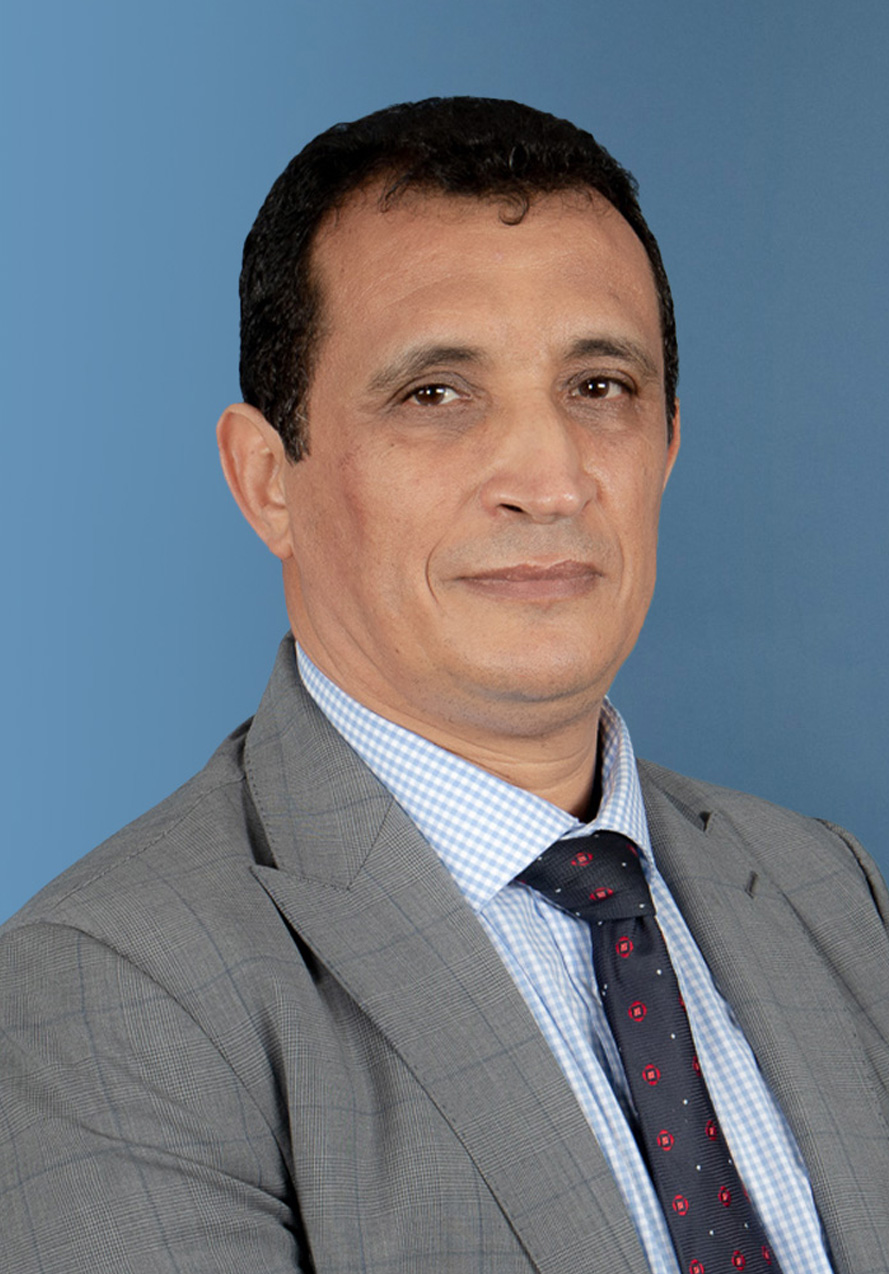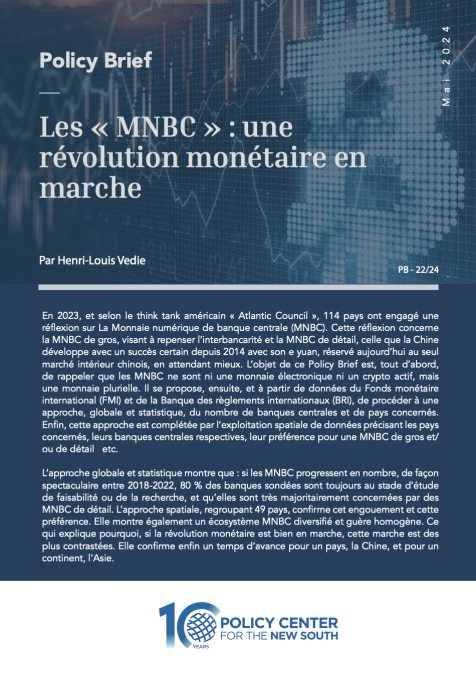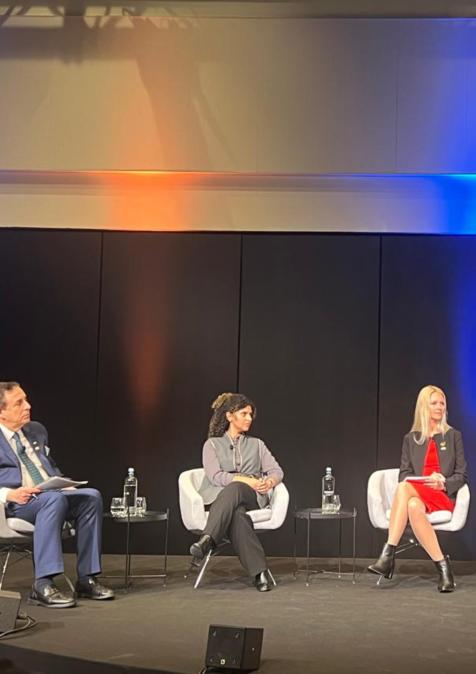Dans cet épisode d’Africafé spécial APSACO, Rachid El Houdaigui, Senior Fellow au Policy Center for the New South, présente la conférence annuelle sur la sécurité et la paix en Afrique, évoque le contexte de sa création et son objectif, et explicite les grandes lignes de la 6ème édition d’APSACO, qui a lieu le 20 et le 21 juillet 2022 au Policy Center for the New South.
Africafé est une émission du Policy Center for the New South qui décrypte l’actualité du continent africain.
Speakers

Rachid El Houdaigui
Senior Fellow
Rachid El Houdaïgui is a Senior Fellow at the Policy Center for the New South and an Affiliate Professor at Mohammed VI Polytechnic University. He also serves as a professor of International Relations at Abdelmalek Essaadi University's Law Faculty in Tangier. His expertise encompasses international relations, geopolitics, defense and security, focusing on the Mediterranean region, North Africa, and the Arab world. He also serves as a professor at the Royal College of Advanced Military Studies in Kenitra and is a visiting professor at Cergy-Pontoise University (Paris), Cadiz University (Spain), and La Sagesse University (Beirut, Lebanon).
He is the founder of the Moroccan-Spanish review "Peace and International Security" and oversees the Observatory of Mediterranean Studies ...









